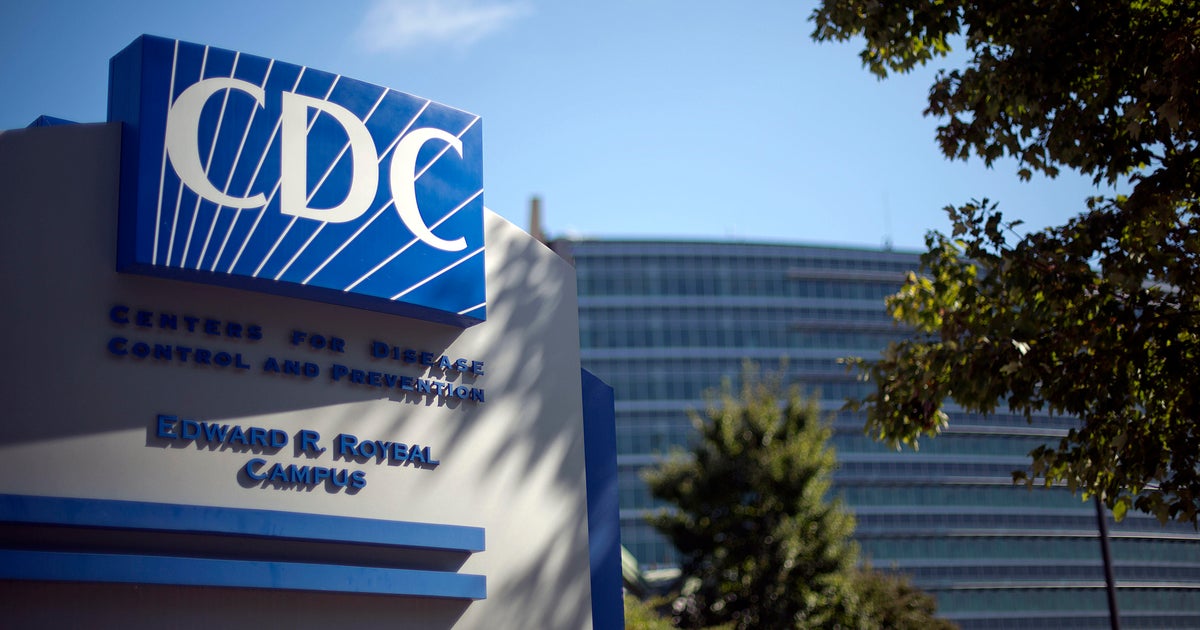At least 125 measles cases have been reported across 17 states so far this year, the Centers for Disease Control and Prevention said Friday, up from 121 cases last week.
More cases have now been reported this year than in all of 2022, the most recent annual peak of measles infections. Cases of measles had surged that year from outbreaks linked to unvaccinated Afghan refugees.
Illinois remains the state with by far the largest number of measles cases this year, after a large outbreak at a Chicago migrant shelter that the city’s health department now says has slowed significantly in the wake of a major vaccination push.
Massimo Pacilli, a deputy commissioner for the Chicago Department of Public Health, acknowledged CDC reports of higher rates of fully vaccinated people catching measles during the outbreak, which he chalked up to intense spread of the virus within the densely packed shelter.
“In this setting, we’re observing continuing protracted exposures. And so it is not completely unexpected to see a higher proportion of individuals who may have had a dose end up being infected with measles,” said Pacilli.
The CDC said last week that the ongoing “importations” of the virus through unvaccinated international travelers now poses a “renewed threat” to the U.S. status of having eliminated local spread of the virus, which it officially achieved in 2000.
Officials last said in 2019 they feared the U.S. could lose its elimination status. That year, monthslong outbreaks of the virus among unvaccinated communities in New York drove the annual total to a record 1,274 cases — the most since the 1990s.
CDC officials so far do not expect this year to match 2019’s record case totals, while acknowledging the growing risk of outbreaks.
The agency’s disease forecasters estimated on April 4 that the U.S. would likely reach 300 measles cases this year, above most recent years.
“It’s important to remember that the overall measles outbreak risk to the general population is low; however, measles cases are increasing globally, increasing the chance of importations into the U.S. and subsequent risk of outbreaks, particularly in communities with low vaccination rates,” the agency’s forecasters wrote.













